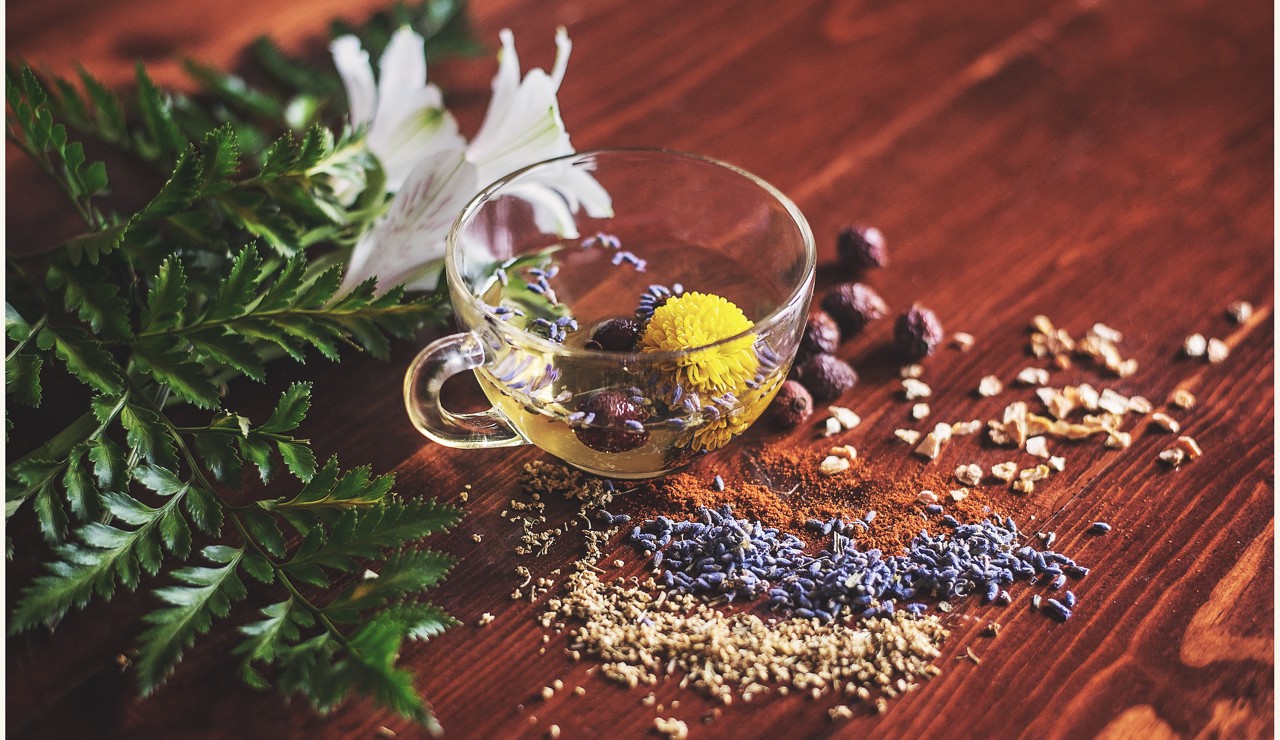5 home remedies for inflammation of the gums

Almost everyone at least sometimes experienced an unpleasant feeling of painful gums. Although there may be many reasons why your gums may hurt, if they are red, swollen and bleeding, it is likely that you have periodontal disease, the most common form of which is gingivitis.
Gingivitis occurs most often if the teeth are not regularly brushed and flossed. At an early stage, gingivitis can be treated with proper oral hygiene, which involves brushing your teeth twice a day and using dental floss and mouthwash. If this does not help, home remedies are an inexpensive and effective way to treat this disease of the oral cavity and prevent the onset of periodontitis, which can consequently cause tooth loss.
Here are some tips and ways to treat painful gums:
Good toothbrush
The first step in the fight against gingivitis begins with a good brush and the correct way to brush your teeth. Choose a soft brush with long hairs and a head small enough to reach hard-to-reach places. A toothbrush that has really served many of our patients well is a simple eco-friendly brush with long and soft hairs. Be sure to throw away old and worn toothbrushes, because bacteria live on them. We recommend that you buy a new brush every three months.
Sage rinse water
Sage is often used as a remedy for inflammation of the oral cavity, either gums or caries. Sage has antibacterial and anti-inflammatory properties that help treat infection. You can make sage water yourself for rinsing your mouth, and all you need is:
- 2 cups boiling water
- 2 tablespoons fresh or dried sage
Put the sage leaves in boiling water and let it sit for about 10 minutes. Make sure the water has cooled completely before use. With this solution, you can rinse your mouth two to three times a day.
Oil extraction
Oil pulling is an old-fashioned method performed by shaking oil in the mouth to remove bacteria and improve oral hygiene. It is often associated with Ayurvedic traditional medicine from India. Research shows that shaking oil can remove bacteria in the mouth and improve oral health. Some alternative medicine therapists also claim that it can help treat various diseases.
Oil extraction is a very simple and inexpensive method, because mostly everyone at home has some oil - coconut, sesame or olive - and that's all you need. Applying this technique is recommended first thing in the morning. Put just one tablespoon of any of these oils in your mouth and shake them in your mouth for 5 to 20 minutes and then spit it out.
Nim
Nim is a natural anti-microbial remedy that helps suppress bacteria that can cause tooth decay, inflammation and gum disease. There are several different ways in which nim can treat gum disease, because it exists in different forms: leaves, powder and oil. If you have neem bark powder at home, you can replace toothpaste with it or mix it with it. You can do the same with neem oil - just add a few drops to the toothpaste you use regularly and that's it.
Turmeric
Turmeric is a spice with a warm, spicy taste that gives dishes with curry their inherent taste. More recent research, according to the Journal of Natural Science, Biology and Medicine, states that it provides great health benefits, including treating inflamed gums. For the treatment of gums, the journal states that scientists recommended using a paste made from one teaspoon of turmeric, half a teaspoon of salt and half a teaspoon of mustard oil, which would be applied to the gums twice a day.
These five simple ideas help in most cases when inflammation of the gums is in the early stages. However, if your symptoms are severe, such as pain or bleeding and these medications do not help, see your dentist as soon as possible. If left untreated, inflammation of the gums can lead to serious health problems, such as periodontitis and tooth loss.
To prevent this event, be sure to:
- Brush your teeth twice a day
- Use dental floss at least once a day.
- use natural mouthwash once or twice a day
- Perform regular dental check-ups twice a year.